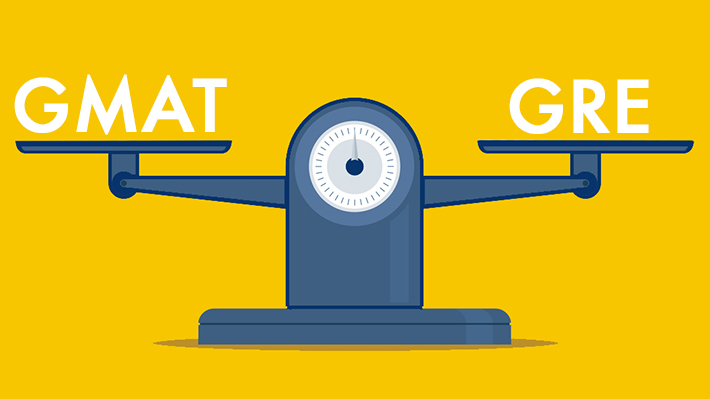Crafting a Coherent SOP/LOR Composition
The journey of studying abroad involves meticulous documentation, and two integral components, which are the Statement of Purpose (SOP) and Letter of Recommendation (LOR). Let's dive into the intricacies of creating a compelling narrative that reflects your unique story and garners the support of those who know you best.
Understanding SOP
SOP stands for a Statement of Purpose which is a crucial document in your application and visa process as it is a reflection of a student’s motivation and thought behind choosing to study at a specific institution or a country. It should include the student’s academic background, experiences, achievements and aspirations as it is the key to providing the respective committee with valuable insights into a student's personality, skills, suitability and potential. Furthermore, an SOP is something that can help students stand out from the competition and convince the authorities as it showcases their unique qualities, experiences, and perspectives.
How to Create an SOP
An SOP requires extensive research in order to give a thorough justification of your intentions and thoughts. Before you start writing it, take time to ensure that you have equipped yourself with the requisite knowledge about the scope of your chosen field, its relevance to your existing skill set, the institution and country that you have chosen, detailed information about the course and future career prospects.
Also, make sure that you understand the format and specific requirements in which it is required. There is a generic format which includes-
Introduction - Creative and captivating that should attract the reader’s attention.
Background - A brief overview of your academic and professional background.
Skills and achievement - Highlight your unique skill set and differentiating achievements.
Motivation Why you are interested in pursuing the specific program or course also including reasons for choosing the specific country and university.
Future Plans - Demonstrate your future goals and how the program will contribute to your career development and growth.
Conclusion - Include that you fulfill the requirements and are suitable for the program You can also add any additional information that you feel the reader should know about you.

Seeking Direction?
Allow Us To Assist You.
Tips for Crafting an Effective SOP:
➢ Use formal language
➢ Keep it clear and concise
➢ Avoid copying and pasting from the web
➢ Stick to a honest approach
➢ Try to create a story
Understanding the significance of an SOP, we at Globedwise ensure our students receive meticulously crafted SOP drafts that undergo thorough checks, ensuring their vision and perspective are prioritized.
Understanding LOR
LOR stands for Letter of Recommendation, a crucial document in your application process. It reflects someone's opinion about your abilities and suitability for a particular academic program or course. Usually written by teachers, professors, or employers, an LOR provides insights into your personality, skills, and potential, offering a unique perspective that supports your application.
How is it created?
Creating an LOR involves thoughtful consideration and collaboration with the person writing the recommendation. Before starting, gather information about the specific program, course, and institution you're applying to. Make sure you understand the format requirements, which typically include:
Introduction - A brief introduction to the person writing the recommendation.
Relationship - Explanation of the writer's relationship with you and the duration.
Skills and Attributes - Highlighting your unique skills, qualities, and accomplishments.
Academic and Professional Insights - Providing insights into your academic and professional background.
Recommendation - A positive endorsement recommending you for the program.
Conclusion - A concluding statement affirming your suitability for the program.
Tips :
➢ Use formal language
➢ Keep it clear and concise
➢ Ensure authenticity; avoid copying from the web.
➢ Encourage an honest approach.
➢ Aim to convey a genuine story.
Understanding the importance of an LOR, we are dedicated to providing our students with excellent drafts. Our process involves thorough checks and edits, ensuring that your vision and perspective are given the utmost consideration in the final document.
CONCLUSION :
In conclusion, SOPs and LORs are indispensable elements of your study abroad experience. They serve as strong narratives capturing your individual story and the recommendations of those who know you best. Our team at Globedwise is committed to guiding you through this process, ensuring your SOP and LOR are skillfully written to highlight your goals and strengths.
Frequently Asked Questions
Q. What is an SOP, and why is it important for university applications?
An effective SOP, or Statement of Purpose, is a document that outlines an applicant’s academic and professional background, achievements, and future goals. It is crucial for university applications as it provides insights into the applicant’s motivations, aspirations, and suitability for the chosen program.
Q. How do I structure an effective SOP?
A. An effective SOP typically includes an introduction, academic background, professional experience (if applicable), reasons for choosing the program, career goals, and a conclusion. It’s important to maintain a clear and concise narrative that highlights your strengths and aligns with the program’s objectives.
Q. What is the purpose of a Letter of Recommendation (LOR)?
A. An LOR is a document written by a recommender, usually a professor or employer, endorsing and providing insights into the applicant’s character, skills, and qualifications. It adds credibility to the application by offering a third- party perspective on the applicant's abilities.
Q. How can I choose the right recommenders for my LOR?
A. Select recommenders who are familiar with your work, achievements, and character. Professors, employers, or supervisors who can provide specific examples of your skills and contributions make strong recommenders.
Q. Are there any common mistakes to avoid in SOPs and LORs?
A. Common mistakes include using generic templates, providing irrelevant information, being overly verbose, and lacking specificity. It’s crucial to tailor each document to the specific program and provide concrete examples to support your claims.






